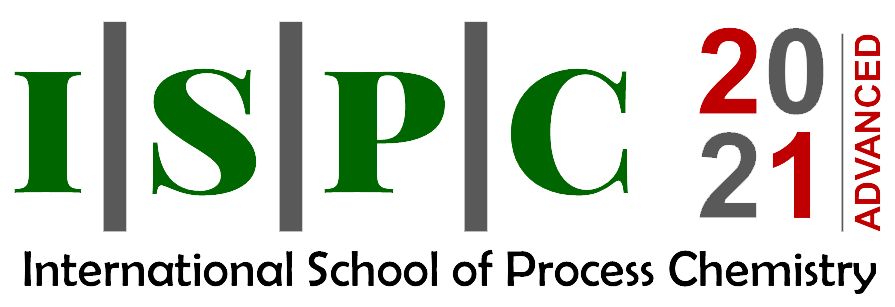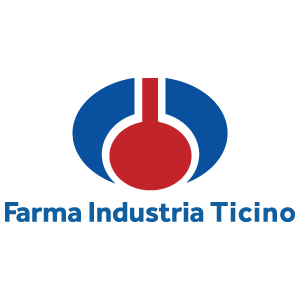
A bridge between chemical synthesis and pharmaceutical formulation
A bridge between chemical synthesis and pharmaceutical formulation
an overview on Small Molecule Particle Engineering
The definition of particle is very different based on the discipline and perspective we are looking at them. In our topic today, we define a particle as a small discrete quantity of matter that has an interface with the surrounding environment.
The reasons why we should study particles are to know interfacial properties of particulate systems materials, since particulate form can often be handled, transported and processed with greater ease and economy than the same materials in bulk forms and as particles get so small that their size approaches molecular dimensions and this change their physical behavior.
Particle engineering, which involves obtaining the optimal particle size and size distribution as well as other aspects of the particle’s morphology and surface characteristics, is used to improve bioavailability and homogeneity for oral solid-dosage drugs and to prepare inhaled therapies.
Micronization and milling are the most widely known used size-reduction techniques, but other technologies include controlled crystallization, spray drying, wet milling and supercritical fluid processing.
Particle engineering methods and technologies can be divided in two different approaches, post API synthesis process as milling and micronization, or process embebbed as controlled crystallization, supercritical fluid processing, controlled precipitation, spray drying, wet milling.
In general, based on our experience, we cannot say that one of this technique is better than the others a priori, while the process chemist and the formulator must make a selection based on the Small Molecule program they are working on.
If the proper choice is not done at the beginning, serious issues will arise during the development and in some cases the commercial manufacturing could be a real problem to be managed.
Next May 12, 2021 at 9:00 am, at ISPROCHEM 2021 our colleague Stefano Console is presenting a range of particle engineering technologies available today to help Process Chemists and Formulators in developing more efficiently new therapies.



